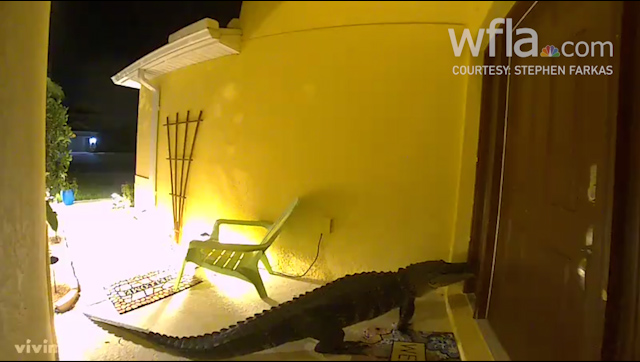TAMPA, Fla. (WFLA) — A new study from the University of Florida finds even after you recover from severe COVID-19, your chance of death dramatically spikes.
To be clear, we’re not talking about mild cases of COVID-19. The study applies to people who’ve had severe COVID. Researchers say patients discharged from the hospital are still not out of the woods.
By now, you’ve likely heard about the long-term effects of COVID-19. Long-haulers, like Matt Newey, feel forever changed. Twenty months post COVID, he says his lungs are still tight and he’s lost his sense of taste and smell.
“It’s strongly affected my appetite, I’ve lost over 20 pounds because of it and food isn’t fun anymore,” said Mr. Newey.
But now there’s a much more serious potential complication from the virus. A University of Florida study, published in the Journal Frontiers in Medicine, found your chance of death after recovering from severe COVID dramatically spikes in the year following your illness.
Researchers say patients over 65 are two times as likely to die than those who didn’t get COVID-19. Younger patients under 65 are three times more likely to die.
University of Florida Professor Dr. Arch Mainous is the study’s lead investigator.
“This is an extremely significant outcome, death, in the next year,” Dr. Mainous said. “These deaths that have been occurring have not been linked back to COVID.”
Dr. Mainous says the inflammation from severe COVID causes internal trauma. The deaths have been linked to various factors including kidney and heart failure.
The bottom line: Dr. Mainous says COVID patients need to be closely monitored post-illness. The danger does not end at recovery.
“Once people are hospitalized and they recover from COVID, they need to go back to their doctor and be monitored for a variety of underlying conditions that they might have,” Dr. Mainous said. “So if you already had some sort of kidney problem, then you would definitely want to look at that, you’d want to monitor these things .”
The study included more than 13,000 adults who were tested for COVID. In the group, 178 had severe COVID-19 requiring hospitalization. The rest tested negative or had a mild case. The patients were followed for 12 months.

